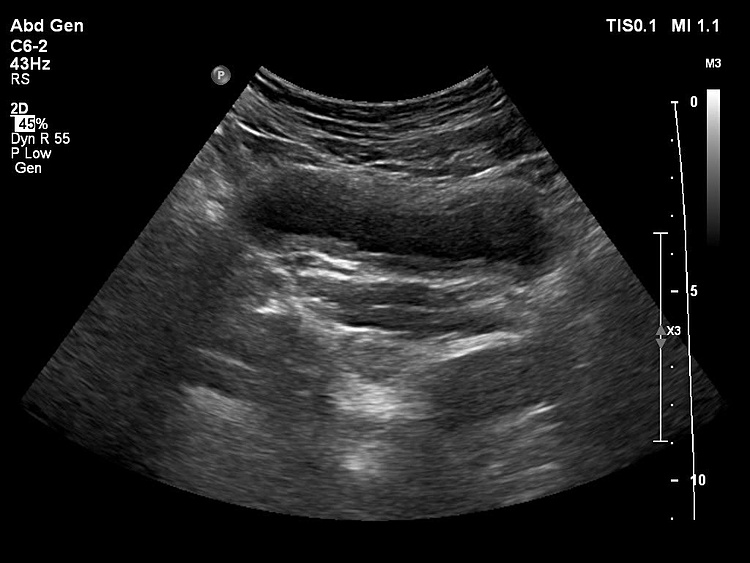On 15/7, Dr. Mai Van Luc from the Department of Urology and Andrology at E Hospital, reported a 42-year-old female patient admitted with severe urinary discomfort, including painful and frequent urination with blood. Urine tests revealed a severe UTI, and a gynecological examination also showed vaginitis.
The patient admitted to experiencing recurring UTIs almost monthly but had endured the symptoms without proper medical consultation. Initially, she self-medicated with antibiotics purchased over-the-counter for mild discomfort. After a few days of relief, she would discontinue the medication. She also confessed to inadequate water consumption and frequently wearing tight-fitting clothing. Dr. Luc identified these habits as contributing factors to her recurrent UTIs.
Tight clothing increases the temperature and moisture in the genital area, creating a breeding ground for bacteria. Insufficient water intake concentrates urine, making it easier for bacteria to adhere to and grow within the urinary tract. Self-medicating with incorrect or inadequate antibiotic dosages allows the bacteria to develop resistance, leading to quicker and more severe relapses.
The patient received treatment for both the bladder infection and vaginitis, including targeted antibiotics based on urine culture results. She also received guidance on proper hydration, urination habits, and preventive measures against future infections.
 |
Ultrasound image showing inflammation. Photo: Doctor provided |
A UTI is a bacterial infection anywhere in the urinary system, often causing pain and discomfort during daily activities. If left untreated, a UTI can lead to serious complications.
Untreated UTIs can ascend to the ureters and kidneys, impacting sexual health and causing gynecological inflammation in women, potentially affecting fertility. In some cases, UTIs can be a symptom of sexually transmitted infections (STIs) like gonorrhea.
To prevent UTIs, individuals should drink 2-3 liters of water daily, consuming 100-200 ml every two hours rather than in small sips. Use appropriate feminine hygiene products, avoiding harsh soaps or irritants. Choose loose, breathable clothing. Seek professional medical advice from a urologist if symptoms appear, instead of self-diagnosing or self-medicating.
Thuy Quynh












